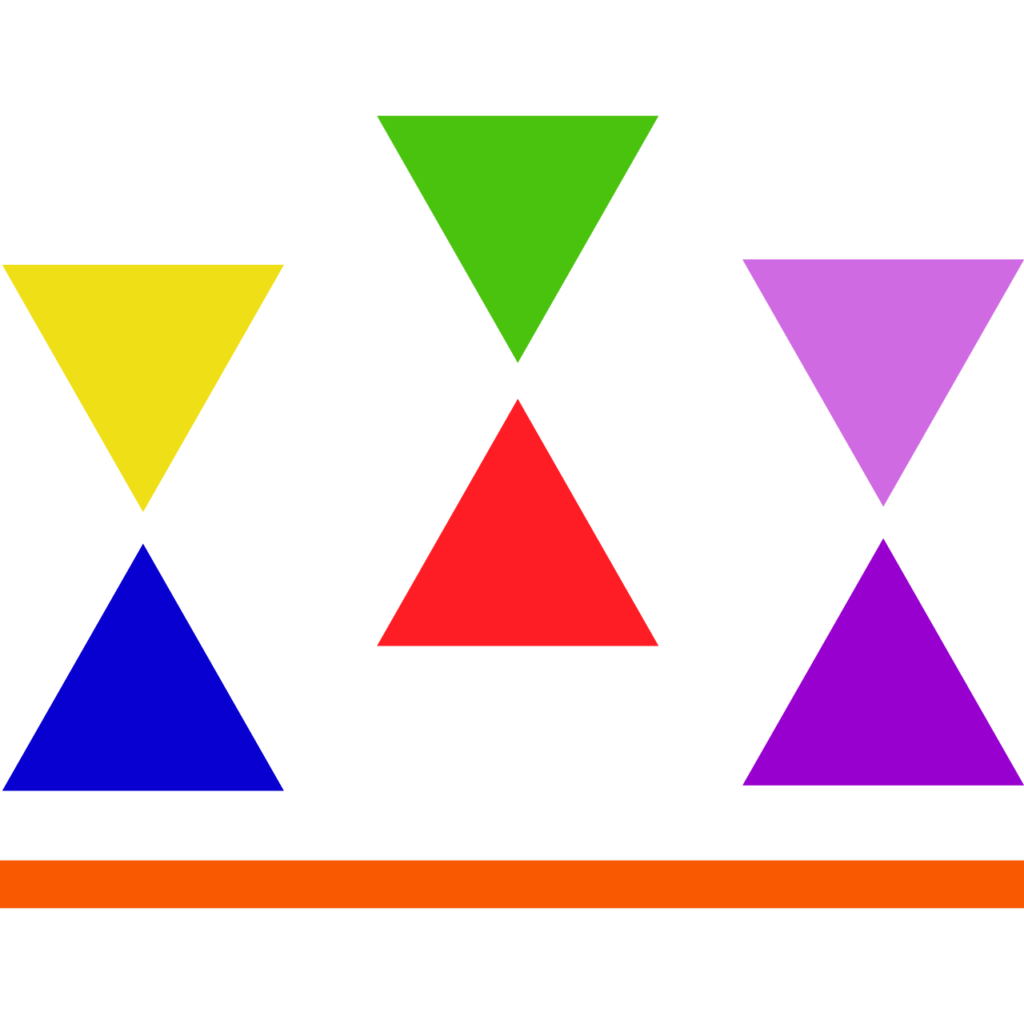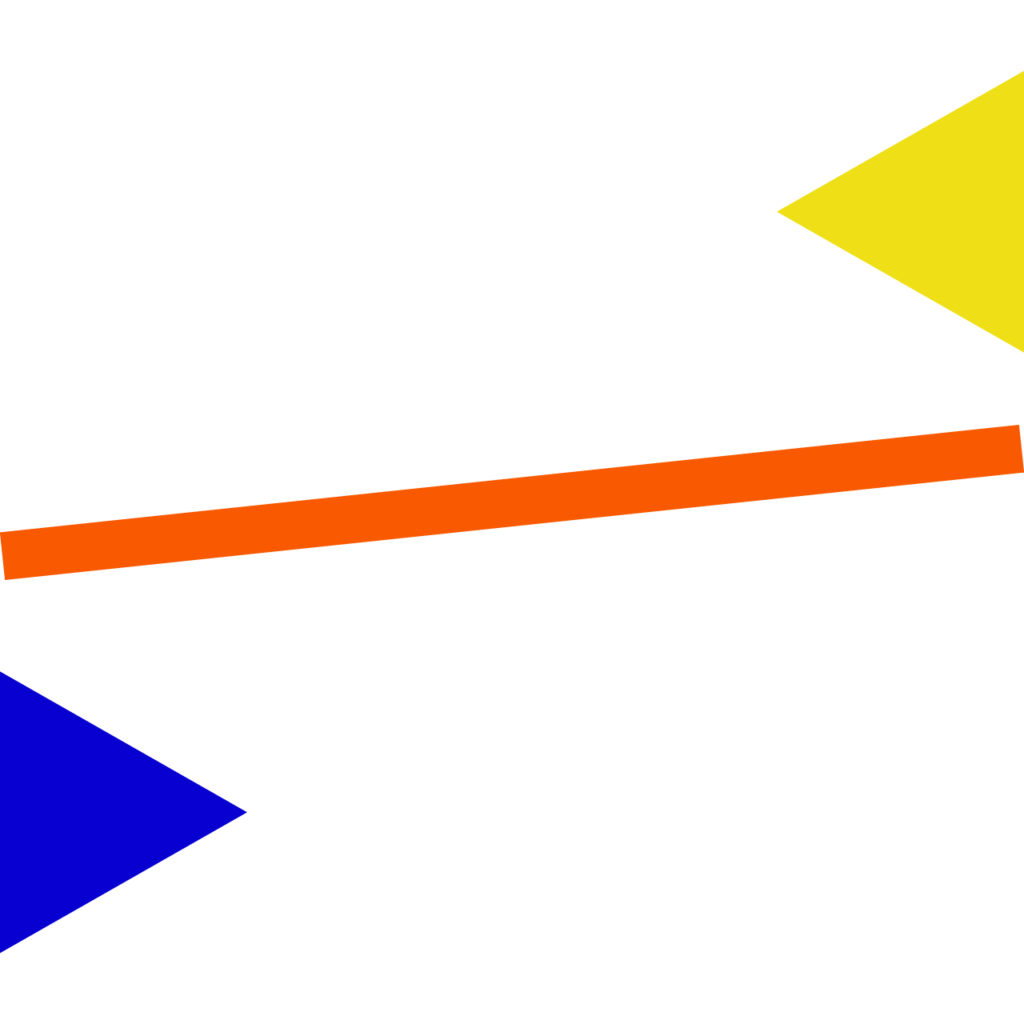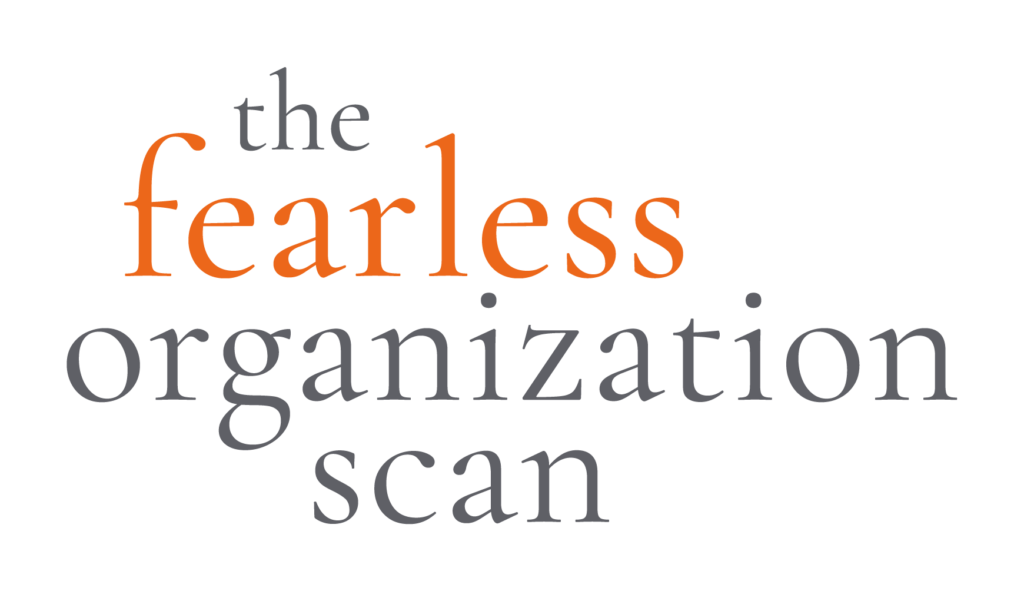“The belief that one will not be punished or humiliated for speaking up with ideas, questions, concerns, or mistakes, and that the team is safe for interpersonal risk-taking.” – Edmondson, 1999
Psychological safety is one’s ability to share ideas, opinions, concerns, and mistakes without fear of repercussions or embarrassment. It is one’s confidence in the freedom to voice their thoughts and opinions.
In the workplace, psychological safety occurs when employees have a sense of belonging enabling them to share their ideas or challenge the status quo while trusting in their peers’ and leaders’ support.
While the concept of psychological safety was explored as early as the 1960s by MIT scholars Edgar Schein and Warren Bennis in relation to organizational challenges, it is Harvard Business School Professor Amy Edmondson who first coined the term ‘psychological safety’ in her 1990s research on clinical teams.
Google’s Project Aristotle marked a turning point in psychological safety recognition – identifying the concept as the most critical underlying factor for team performance.
Further study at Harvard has shown that teams and organizations with higher levels of psychological safety perform better on almost any metric or KPI compared to teams and organizations with lower psychological safety.
The benefits of psychological safety outclass those of team performance and mental health care. A psychologically safe workplace is characterized by:
At K2C2, we deem psychological safety paramount in driving performance and fostering environments where individuals feel safe to think, create, share, take risks, and innovate.

We partner with you to shape psychologically safe environments for your organization or teams to thrive. We use data insights from the Fearless Organization Scan (FOS), an assessment that measures the overall psychological safety in teams using Amy Edmondson’s seven-question scale called the Psychological Safety Index (PSI) against a benchmark of teams worldwide.

Psychological Safety Boost typically focuses on the following:
Partner with K2C2! to boost your psychological safety!

In an experiential workshop or individual coaching format, we partner with you to support your leaders shape psychologically safe environments and cultures.

Psychological Safety Bootcamp focuses on the following:
Partner with K2C2! to shape psychologically safe environments!
In partnership with Holonix, K2C2 offers Holonix’s Fearless Organization Scan Certification, allowing you to become a Fearless Practitioner.

The Fearless Organization Scan (FOS) is a quick and reliable tool to measure team performance, giving individual, team, and system-level results. This course teaches you how to administer, interpret and use the scan to help teams reach high performance. You will also learn how to map psychological safety across systems by using the tool to create a heat map and organizational dashboard, enabling you to monitor psychological safety over time and calculate return on investment.
As a trained practitioner, you join a community of dedicated people striving to make the world safer and help overcome some of its most pressing challenges. We offer ongoing practitioner events, including webinars and regular community calls.
Certification programs include two to three facilitators and up to 20 participants. In addition, participants receive 16-20 hours of experiential learning, free scans to use with their pilot teams, individual and group coaching, ongoing access to Holonix’s LMS, access to the FOS instrument portal, in addition to slide decks, concept manuals, videos, client brochures, and more!
This virtual course includes five three-hour modules: